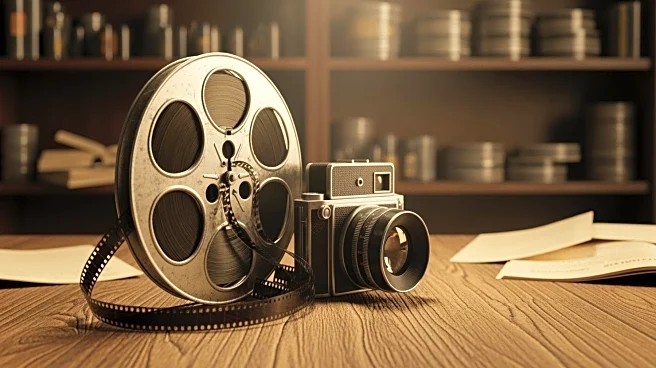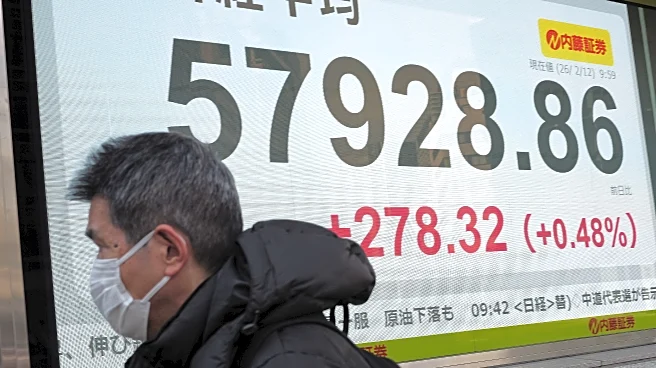What is the story about?
What's Happening?
The Mutter Museum in Philadelphia has updated its policies regarding the collection and display of human remains. The museum, owned by the College of Physicians of Philadelphia, is limiting the acceptance of new specimens and restricting photography to align with evolving ethical standards. The museum's collection includes 6,500 organs, bones, and other body parts, primarily collected between 1840 and 1940. The museum aims to 'de-anonymize' its collection by researching the personal histories of the remains to provide context in the history of medicine and bodily diversity. The museum's new policy acknowledges that many remains were obtained under unacceptable circumstances, including force or duress, and may have been used in displays considered examples of scientific racism.
Why It's Important?
The policy changes reflect a broader shift in how institutions handle human remains, emphasizing ethical considerations and historical context. This move is significant for museums and medical institutions as it addresses past practices that may have been exploitative or disrespectful. By focusing on the identities and stories of the individuals, the museum aims to provide a more respectful and educational experience. This approach could influence other institutions to reevaluate their collections and practices, promoting transparency and ethical standards in the handling of human remains.
What's Next?
The museum plans to limit future acquisitions of human remains, considering only those from living donors or through bequests. Research access to the collection will be tightly controlled, focusing on the history of medicine rather than biological study. The museum is restoring hundreds of educational videos to YouTube after removing outdated material. These changes follow a two-year review aimed at engaging the public in planning for the museum's future.



















